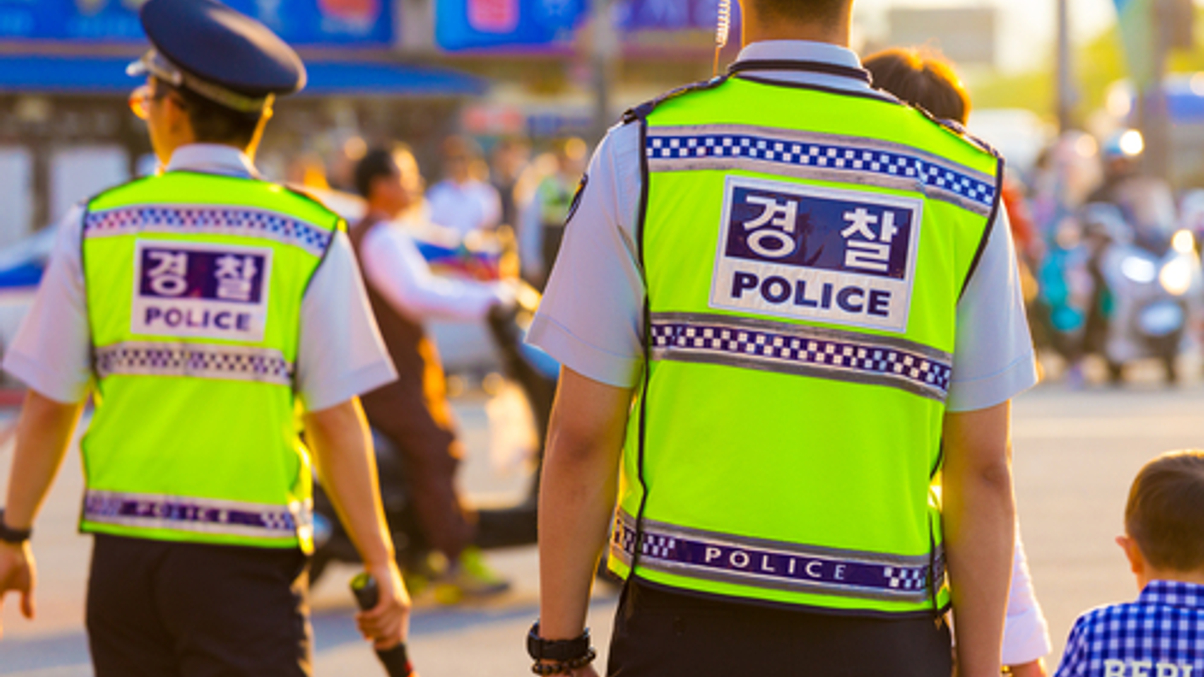Korea’s PMAA eyes new asset types, hires and outsourcing
The Police Mutual Aid Association is to raise its allocation to foreign alternatives and stocks with a view to strongly boosting returns. It is mulling hiring BlackRock and Pimco to run bond portfolios.

South Korea's Police Mutual Aid Association is set to increase its exposure to foreign alternatives and stocks and to boost its manager research capabilities in a bid to raise its target return over time to 6% from its current 3.37%.
Sign in to read on!
Registered users get 2 free articles in 30 days.
Subscribers have full unlimited access to AsianInvestor
Not signed up? New users get 2 free articles per month, plus a 7-day unlimited free trial.
¬ Haymarket Media Limited. All rights reserved.


